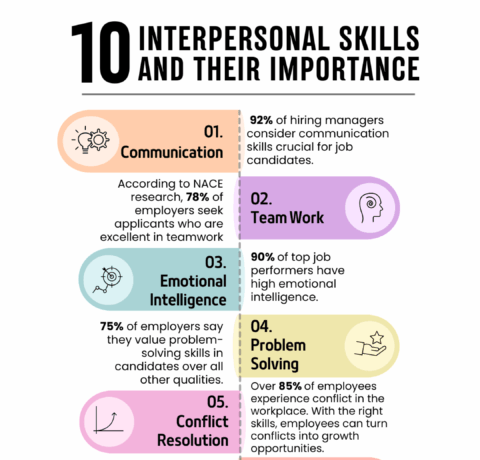5 Project Management Thoughtcrimes Every Project Manager Is Going To Make
What is A thoughtcrime? From Wikipedia – A thoughtcrime is an occurrence or instance of controversial or socially unacceptable thoughts. The term is also used to describe some theological concepts such as disbelief or idolatry, or a rejection of strong social or philosophical principles.
The term was popularized in the dystopian novel Nineteen Eighty-Four by George Orwell, wherein thoughtcrime is the criminal act of holding unspoken beliefs or doubts that oppose or question the ruling party. In the book, the government attempts to control not only the speech and actions, but also the thoughts of its subjects. To entertain unacceptable thought is known as crimethink in Newspeak, the ideologically purified dialect of the party.
As a Project Manager it is still a crime against your own career to think any of the following Project Management Thoughtcrimes. Unfortunately, you are going to think them at some point, and so Project Management Room 101 awaits!
1. Thinking You Won’t Make a Mistake
The first, and primary thoughtcrime for a Project Manager is thinking that you will not make a mistake. No amount of planning, no system or process or framework is mistake-proof. Thinking so is your first mistake. It is because of this that risk management must be carefully utilized and contingencies must be put in place. The unexpected can be expected to happen. The punishment for this crime is huge… titanic, one might even say!
2. Thinking Your Experience Will Save You
Whether you are new to Project Management or a seasoned professional, thinking your experience or training is some kind of guarantee against making errors will inevitably lead to errors. Hubris may take the form of not fully considering the advice of others. Needless to say, you should never blindly follow what someone else says, but to think that your superior experience makes the ideas of less seasoned team-members irrelevant will definitely lead you to Room 101, filled with blunders and ‘I-told-you-so’s.
3. Thinking You’ve Seen It All
You may have even uttered the words, “And now I have seen everything,” while standing over the result of some incompetence or stupidity. But let me assure you: you have not! Thinking you have seen the crowning glory of ineptitude already and that nothing can top it, will leave you unprepared for the next big mistake. Never underestimate how badly others can mess stuff up. The sign on Room 101 reads ‘Room 110’ for instance.
4. Thinking You Made Yourself perfectly Clear
Just because you are dealing with professionals with experience in exactly the right field is no guarantee that other team-members understand what you are telling them. Thinking that you have made yourself clear is one of the simplest ways to end up in a Room 101 when you were heading for Room 011. Follow up, insist that team-members explain to you their understanding of what you have instructed them, or be prepared for a trip to your worst nightmare. Put instructions in writing, so that they can be referenced, remembered, and so that you have support to your claim that ‘that is not what I told you to do.”
5. Thinking That This Is The Complete List
Actions come directly out of the thoughts that precede them. It is important therefore that you make all your decisions ‘considered decisions’. Assumptions are the birthplace of mistakes (Womb 101, as it were), and can be avoided only with attention to your own thought process. Why do you think a particular action is best? Where did you get the idea that your co-worker understands your instructions? How have you ensured that, in a worst-case mishap, the project will be able to continue? What can you learn from others? Knowing the answers to these questions is vital to taking the right actions at the right time. Do your best, but I will still see you in 101 at some point!







You can adjust your cookie preferences here.